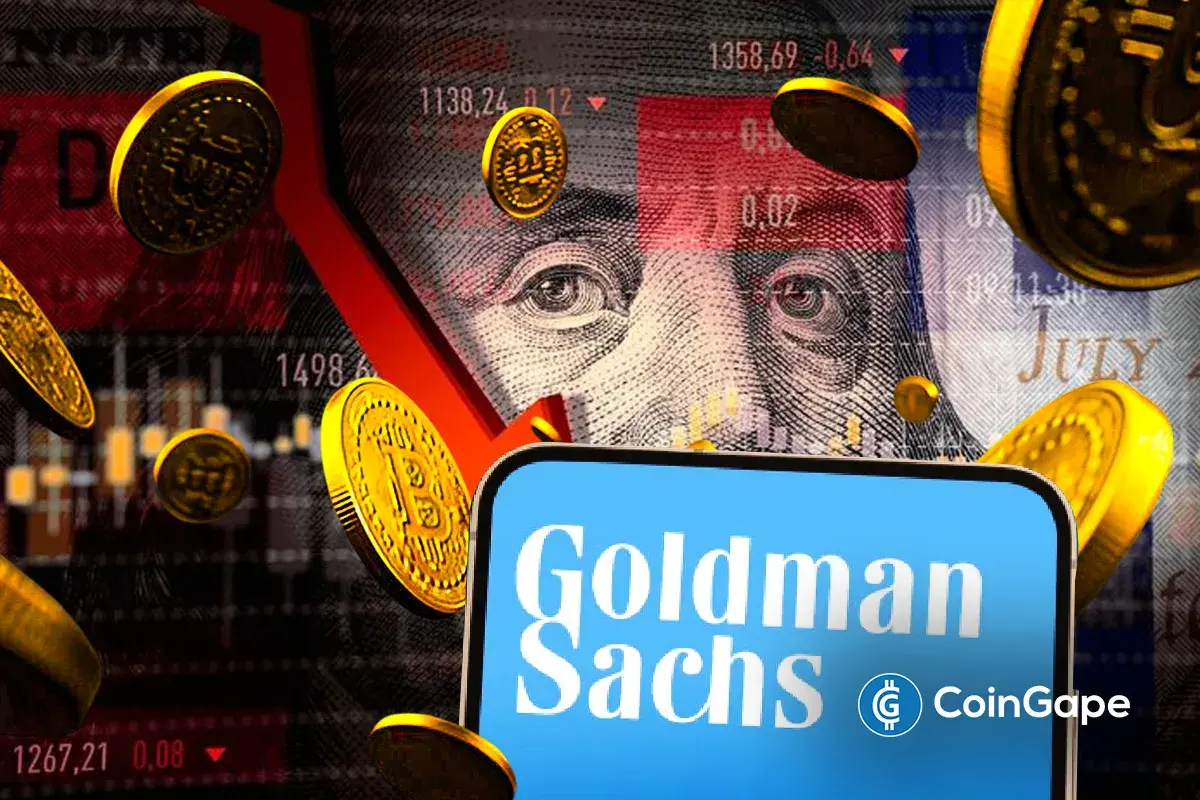IMF Report: There Are 97 CBDCs As Of July 2022

The International Monetary Fund (IMF), like several other international financial organizations, is giving the necessary attention to the Blockchain industry and the concept of digital assets. The massively increasing adoption rate of digital currencies has underscored the necessity of proper surveillance. It has also exposed the beneficial use cases of Blockchain in finance.
Central Bank Digital Currencies (CBDCs) is one of the ways world governments are seeking to utilize blockchain. The concept has caught the attention of most countries, with the majority still making research on it. The IMF has recently released an update on the progress of this global CBDC development in various countries.
97 CBDCs Under Consideration
The IMF recently released a publication dubbed “The Ascent of CBDCs.” The publication provides insight into the research the organization has done on CBDCs. In light of this, the publication gives an update on the global development of CBDCs in September.
The IMF report notes that, as of July 2022, almost 100 countries across several continents have indicated interest in CBDCs. These CBDCs are either in the research or development stage. As of the time of publishing the report, only two countries have fully launched their CBDCs: Nigeria and The Bahamas.
The report mentions about 97 CBDCs as of July 2022. Out of this number, 2 have been launched, and 15 are in the pilot stage. Additionally, 15 more are currently in the Proof-of-concept stage, with 65 countries still carrying out research on theirs. The IMF sourced this data from its dedicated CBDC tracking website.
IMF highlighted the benefits and issues of Central Bank Digital Currencies
Furthermore, the IMF highlighted the benefits and issues associated with CBDCs, in light of new realities. One of the several benefits of the digital asset is financial inclusion. CBDCs are an avenue for central banks across the world to bring financial services to their unbanked population.
Beyond promoting financial inclusion, leading experts argue that CBDCs can create greater resilience for domestic payment systems and foster more competition, which may lead to better access to money, increase efficiency in payments, and in turn lower transaction costs,
the IMF report added.
In addition, the IMF pointed out some of the issues CBDCs might face. They include concerns of a crisis brewing from mass withdrawals, and cyberattack risks. CBDCs are most countries’ avenue to tap into the benefits that blockchain promises. As digital asset adoption grows further and governments acknowledge their integral role in everyday lives, the financial sector could improve massively with this significant inclusion.
Play 10,000+ Casino Games at BC Game with Ease
- Instant Deposits And Withdrawals
- Crypto Casino And Sports Betting
- Exclusive Bonuses And Rewards

- “There Is Only One Gold,” Billionaire Ray Dalio Says Amid BTC’s Quantum Threats
- Goldman Sachs CEO Predicts ‘Weeks’ of Crypto Market Crash as U.S Iran War Continues
- Polymarket Axes ‘Nuclear Detonation’ Prediction Market Amid Public Fury
- Indiana Signs Bitcoin Bill Into Law Allowing Crypto in Retirement Plans
- ‘Time to Act Is Now’: CFTC Chief Pushes Swift Passage of CLARITY Act
- Robinhood Stock Price Prediction As Cathie Wood Buys $12M Dip in Bold ARK Move
- Bitcoin Price At Risk? Professor Who Predicted US-Iran War Says America Could Lose
- Gold Price Prediction March 2026: Rally, Crash, or Record Highs?
- RIOT Stock Prediction as Needham, Piper Sandler Slash Target After Earnings
- Cardano Price Outlook As Charles Hoskinson Warns Over CLARITY Act
- Circle Stock Price Climbs 15% to $96, Can Rally Continue in March 2026?

 Buy $GGs
Buy $GGs

















